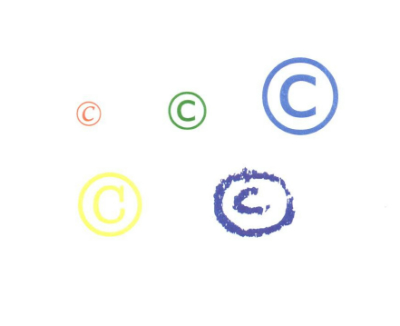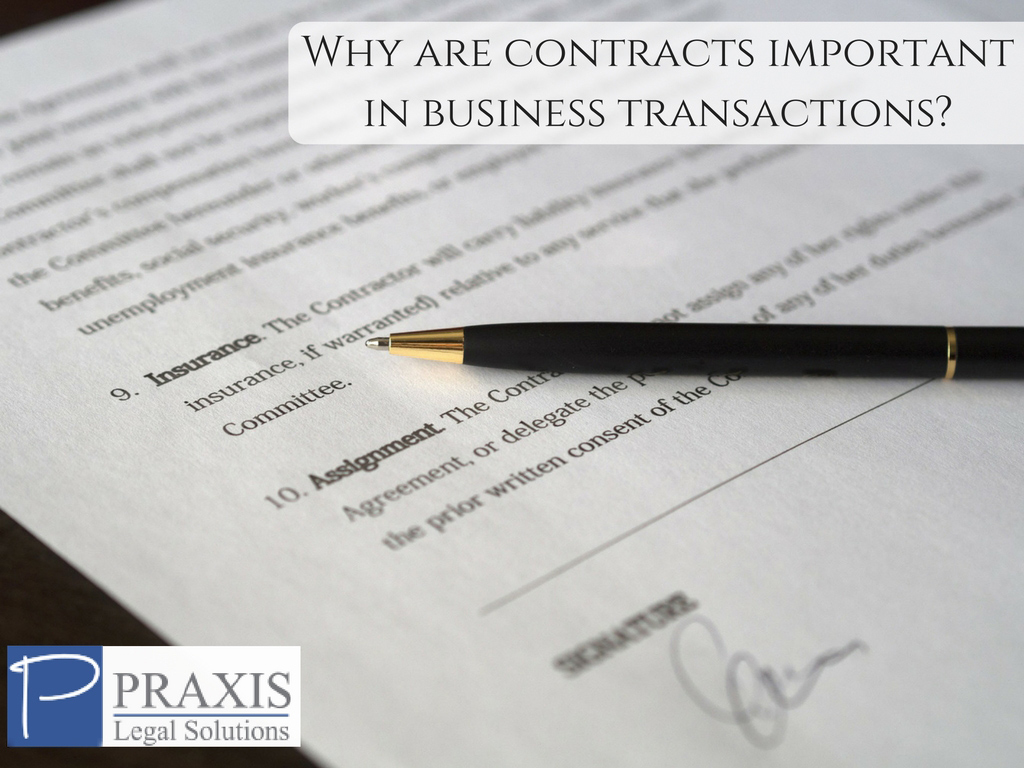When is a contract a contract? In a recent case, the Appellate Division of the New Jersey Superior Court considered three possibilities.
The case involved the sale of a parcel of vacant land. The seller drafted a real estate contract, and sent it to the buyer, Coddington Communities, LLC, a limited liability company with two members, John Sims and Sam Gershwin. Sims marked up the agreement, and sent it back to the seller with his comments and questions on certain provisions in the agreement. The seller revised the agreement, signed it and sent it back to Coddington.
Sims signed the revised agreement on January 14, 2016; Gershwin signed on February 16, 2016.
The agreement provided a 120-day due diligence period to enable Coddington to investigate the suitability of the property for its project. The agreement also contained a provision requiring Coddington to pay a deposit upon execution of the agreement, which Coddington did. During the due diligence period, Coddington had the right to terminate the agreement for any reason.
After completing its due diligence, Sims notified the seller that the property was, for environmental reasons, not suitable for development, and that Coddington was terminating the agreement. The seller refused to return a portion of the deposit that was used by the seller to pay taxes and maintenance costs. Coddington sued for return of the entire deposit.
The issue before the court was when did the agreement between the buyer and the seller become a binding contract? The answer to that question would determine whether Coddington terminated the agreement within the 120-day window allowed by the agreement.
The seller argued that the 120-day period began when he circulated the first draft. The court squashed that suggestion, noting that the draft lacked key provisions and was not signed by any of the parties, and was therefore ineffective to bind the parties. The seller advanced an alternative argument that the agreement was effective when it was signed by Sims because his signature bound Gershwin as well.
The answer? The appellate court affirmed the trial judge, who found that the agreement became effective when the final signature, by Gershwin, was added to the agreement. The trial judge found, and the appellate court agreed, that signature by Sims alone was not sufficient to bind Gershwin, and, therefore, Coddington, because Sims and Gershwin had formed a limited liability company, not a partnership, and had not held themselves out as having the power to bind the LLC or each other as individuals.
What seems simple is often not, and a clear understanding and application of contract principles will save time, money and brain cells. Contact us for more information.







 Indemnity Clauses : Protection or Peril?
Indemnity Clauses : Protection or Peril? Why are Contracts Important in Business Transactions?
Why are Contracts Important in Business Transactions? Before You Sign: Negotiating a Commercial Lease
Before You Sign: Negotiating a Commercial Lease Drafting an Operating Agreement- Five Things to Think About
Drafting an Operating Agreement- Five Things to Think About Non-Compete Agreements: When You Can and When You Should Use Them
Non-Compete Agreements: When You Can and When You Should Use Them
Leave a Reply